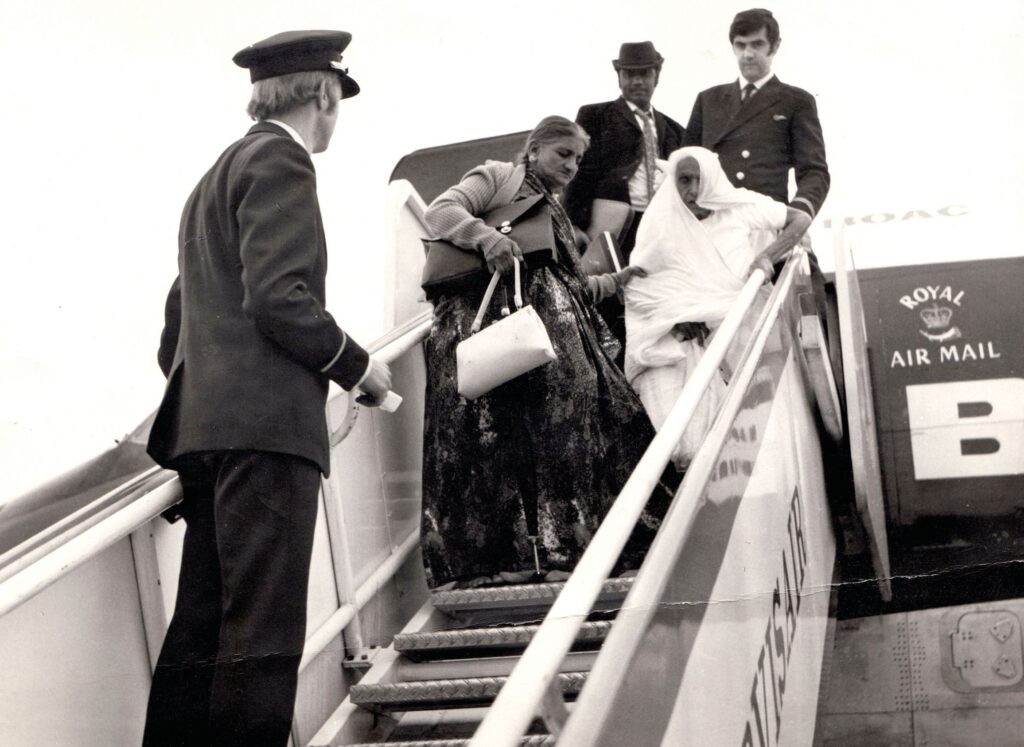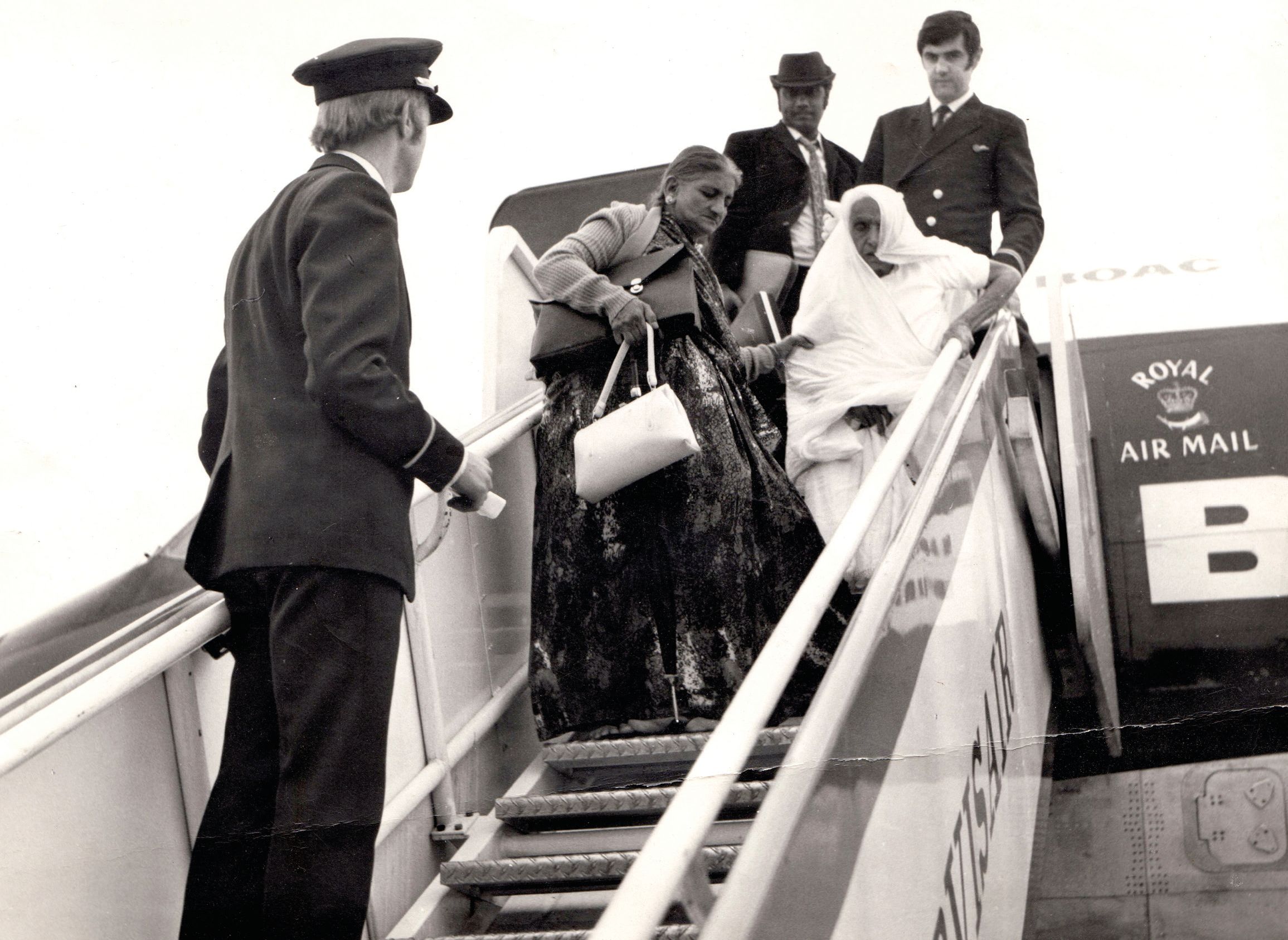
‘Making Home’ exhibition [07/10/13 – 25/10/13]
After a successful exhibition at the Royal Geographic Society, the Council of Asian People in partnership with Collage Arts are pleased to bring the exhibition of ‘Making Home: the Ugandan Asian Story’ to the Karamel (restaurant/gallery) in Wood Green N22.
Making Home exhibition runs from 7th October to 25th October at the Karamel restaurant, Chocolate Factory 2, Coburg Road, London N22 6UJ | 020 8829 8989 | www.karamelrestaurant.com
Opening times: Monday to Friday 8am-3pm; Saturday 10am-2pm
Late openings: Wed 9th October, Wed 23rd October 6.30-8.30pm
Private view: Thu 17th October 6.30-8.30pm
The exhibition has been curated by Sunil Shah and supported by a team of project volunteers.

On the fourth of August 1972, Ugandan President Idi Amin made a declaration giving all Asians a mere 90 days to vacate the country. His supporters said that God had made this decision, appearing to him in a dream and passing down the command. To most others, this was a cunning but obvious political ploy, cashing in on a growing climate of fear and mistrust. Amin enticed his citizens with ‘control of their own destiny… for the first time in history’, and for Ugandans this must have seemed an exciting proposition. Independence had only come a decade previously and the nation was still occupied in clearing the remnants of colonial rule. Men like Idi Amin were allowed to flourish, giving way to a new kind of leadership, and a new level of uncertainty.
In the following months, violent and sexual crimes against the Asian population increased, unchecked by Ugandan police. Businesses and properties were requisitioned, and ownership re-distributed to Amin’s supporters. All over the world, governments were preparing to receive refugees, with Britain alone taking in over 27, 000. Many were granted British citizenship as subjects of the former colonies. However, thousands, now stripped of their Ugandan identity, found themselves stateless and unaccounted for. Those who found new homes had to begin new lives, learning new languages and forging new careers. were now finding work as labourers or taxi drivers. Former business owners and skilled professionals were now finding work as labourers or taxi drivers.
In Uganda, many lived in gated communities and enjoyed private healthcare, but in Britain, had to make do with what could be given. Through newly collected interviews, possessions, and photographs, the Exiles project tells the story of over forty years in the lives of Ugandan Asians in Britain.
‘Most of the story tellers felt that it was a much needed closure for their experience of expulsion in 1972’, said the Council of Asian People’s Santhosh Chandran, ‘ and the participation of over 40 young people made it really inter-generational. They were instrumental in collecting stories, researching and designing the exhibition’
Funded in part by the Heritage Lottery Fund, and made possible by the work of volunteers, ‘Making Home’ is a thought-provoking look into the extraordinary journey made by thousands of ordinary people, told for the first time in their own words.

